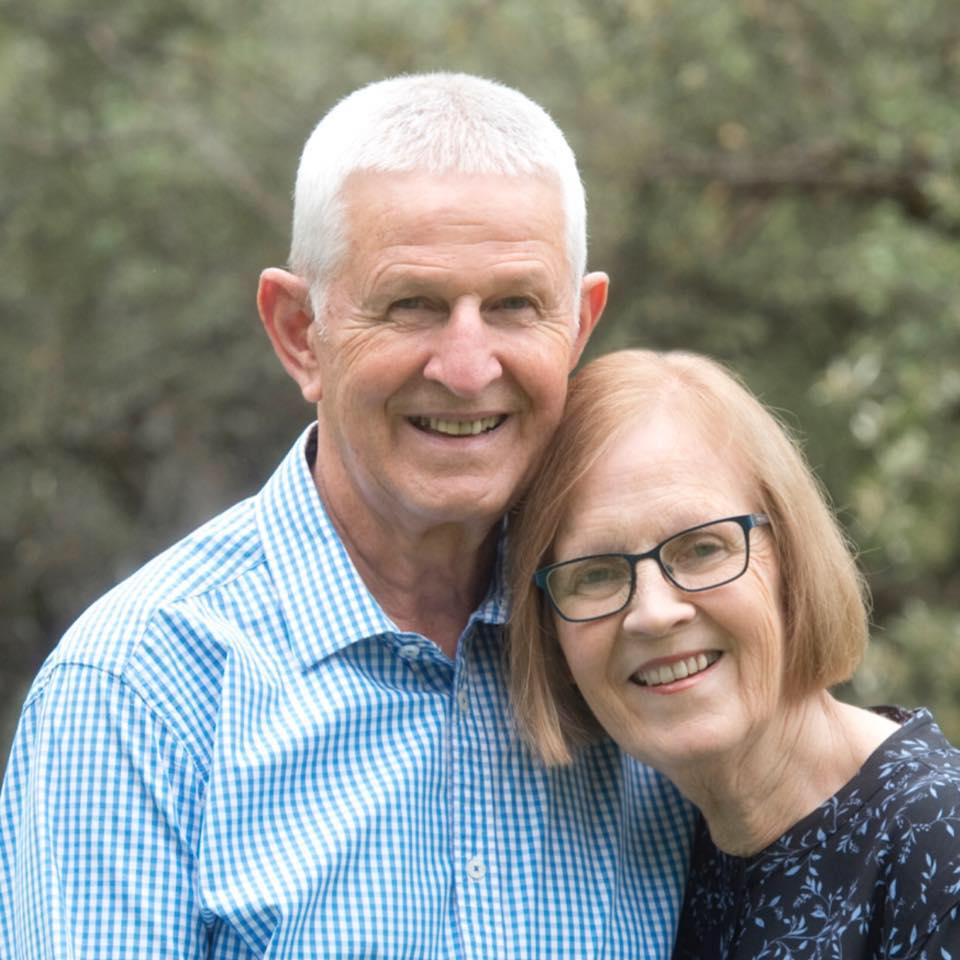Romans 16:1-16
Q.1. Was the apostle Paul a ‘lone wolf’ Christian? Did he work alongside women? Who was Phoebe? How was she to be supported? What did he think about Priscilla and Aquila? Why? – (Rom.16:1-5 c.f. Acts 18:2-3)
It is obvious from Paul’s greetings in his epistles, that he was very much a team player. More than that, the bonds were so strong that his companions were prepared to die for him. He testified about his fellow tentmakers, Prisca (Priscilla) and Aquila, who – for my life risked their own necks, to whom not only do I give thanks, but also all the churches of the Gentiles (Rom.16:4 c.f. Acts 18:2-3). Like his Master Jesus, Paul worked closely with women, and gave recognition to Priscilla as being the most capable at expounding the Scriptures with the eloquent Apollos (see Rom.16:3 c.f. Lk.8:1-3; Acts 18:24-26). He also commended Phoebe, whom he referred to as our sister and a server or ‘deacon’ of the church at Cenchrea. He urged – that you receive her in the Lord in a manner worthy of the saints, and that you help her in whatever matter she may have need of you; for she herself has also been a helper of many, and of myself as well (Rom.16:2). Paul was highly respected by the believers in Rome, so he was confident in asking them to offer Phoebe any assistance she needed (see Rom.16:2).
Q.2. Who was Paul’s first convert in Asia? What did he convey when speaking of some as beloved kinsmen, apostles, fellow prisoners and workers? Why were households addressed? – (Rom.16:5-11)
Paul greeted Epaenetus who was his first convert in Asia. He called him the first fruits (i.e. the beginning of a harvest). On the other side of the scale he greeted Andronicus and Junias (perhaps husband & wife) who probably shared his cell and were well-known by the apostles at Jerusalem, – who were in Christ before me (Rom.16:7). He greeted Mary who may have helped to plant the church at Rome (see Rom.16:6). Paul spoke of kinsmen who were Israelites and could have belonged to his tribe of Benjamin (see Rom.16:7 & 11 c.f. Rom.9:3; Phil.3:5). He loved them dearly as fellow workers. He appreciated – the church that is in their house (Rom.16:5, 10-11). These households were the building blocks of the church from its beginnings. With the growing persecution prophesied for the Endtimes ‘house churches’ are growing exponentially.
Q.3. Who was the mother of Rufus to Paul? Who were ‘all the saints who were with them’? What is meant by a holy kiss? Who joined Paul in greeting the Christians at Rome? – (Rom.16:12-16)
Paul referred to two sisters, perhaps twins meaning ‘delicate’ and ‘dainty’ and another lady called Persis. Rufus seemed to have been one of the sons of Simon from Cyrene in northern Africa, who helped carry the cross for Jesus (see Rom.16:13 c.f. Mk.15:21). Rufus was known as a choice believer. His mother had ‘adopted’ Paul as a son. He also seemed to address key male and female leaders of two different branches of the Church at Rome – 14 Greet Asyncritus, Phlegon, Hermes, Patrobas, Hermas and the brethren with them. 15 Greet Philologus and Julia, Nereus and his sister, and Olympas, and all the saints who are with them (Rom.16:14-15). All the churches joined in the greeting. Doubtless Paul would have reported the growth of the church and included them in praying for one another. Not infrequently, Paul encouraged the believers to – Greet one another with a holy kiss (Rom.16:16 c.f. 1 Cor.16:20; 2 Cor.13:12; 1 Thes.5:26; 1 Pet.5:14)? He also taught that it is unwise to touch a woman sensually or sexually (see 1 Cor.7:1). However, it was customary to exchange kisses (on both cheeks) in their culture (as is still the case in some countries). This was not only just acceptable but extended the love of Christ to all as we do with a customary hug.

